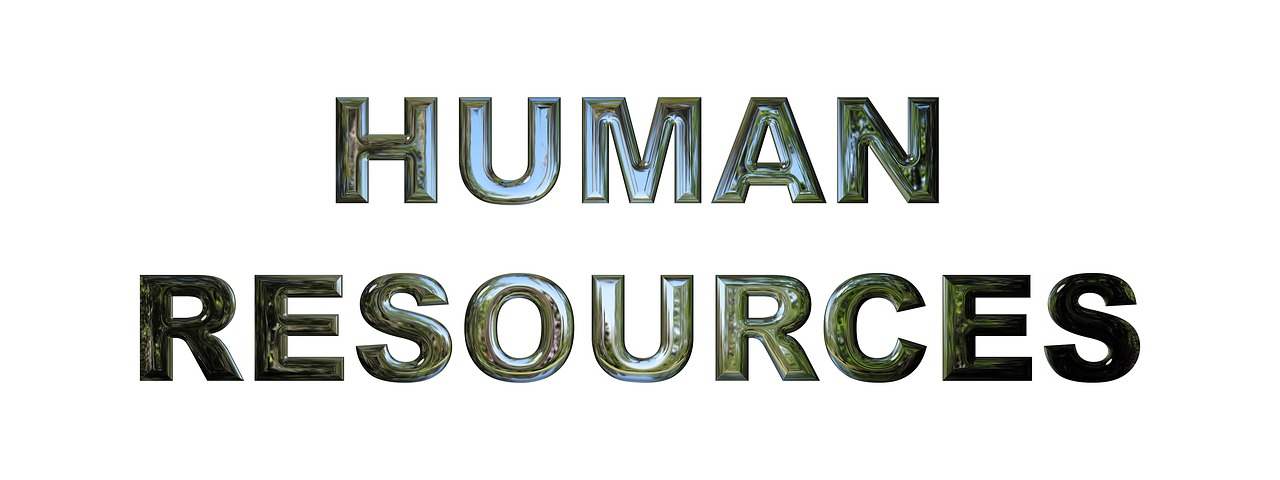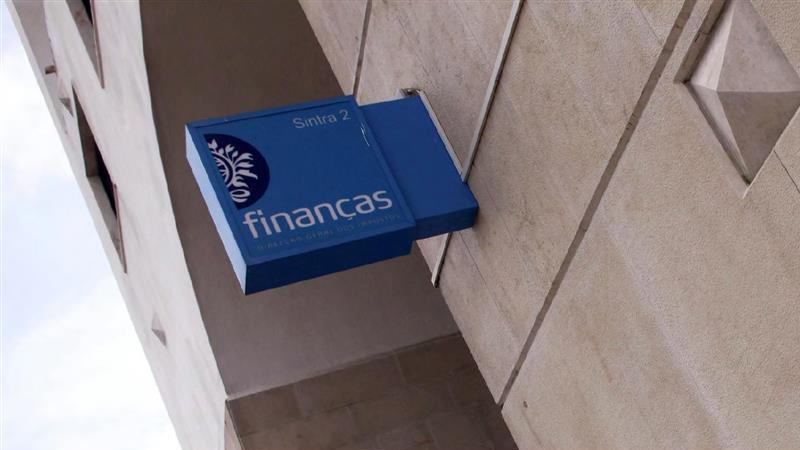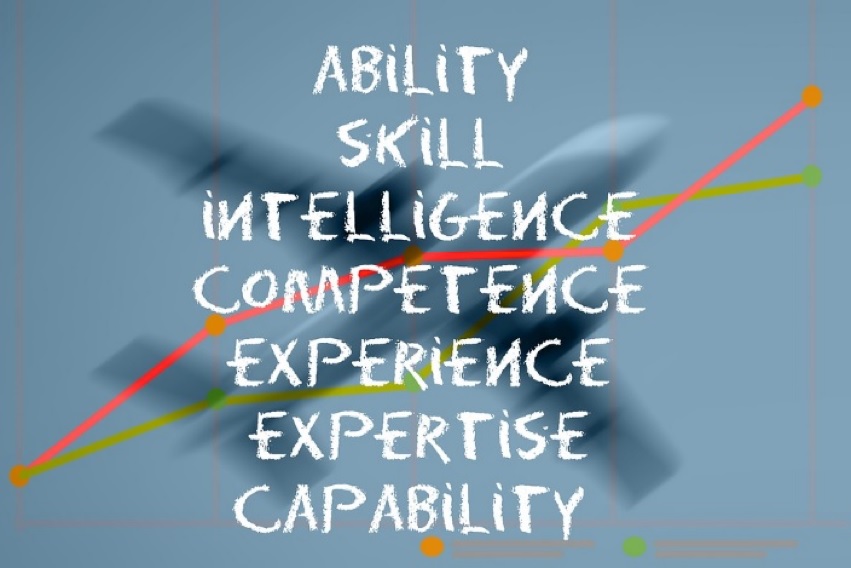Gratitude & Acknowledgement:
Powerful Ways to Shift Perspective & Build Satisfying Workplaces
Elisabeth Kingsley
If it’s true that we teach (or in this case write) what we are learning than I have been on a year-long journey of learning about Gratitude --- specifically I’ve been learning that gratitude is always available and that in any given moment or circumstance we can choose it. When we choose it, our perspectives shift and new possibilities open.
That said, I’m not always the most graceful chooser of gratitude. For some reason, at least in my experience, it seems that some of the most powerful things are conceptually simple and in practice a bit more complex or more accurately, require extra doses of our intention and attention. Of course, they are also usually worth our efforts!
As a sister of Gratitude, Acknowledgement is simple in concept, powerful to change perspective, and completely worth the extra effort. It’s also a choice that is within our power to make every day towards ourselves and others.
There are countless applications in our work and life to show gratitude and acknowledgement. Here, we’ll focus on our workplaces as they are one of the places that stand to benefit the most from an injection of meaningful acknowledgement.
Regular, consistent practice of acknowledgement combined with some attention towards how to give it genuinely will benefit those we lead, manage and generally care about it. Beyond that, acts of acknowledgement and appreciation are contagious and teams and organizations that cultivate them will inevitably be filled with more courageous, innovative and fulfilled teams. That is, happier, motivated employees that want to stick around and continue bringing their brilliance to work --- something our workplaces and the people that fill them are seriously craving right now.
According to the Work Institute’s 2019 Retention Report, since 2010 costs associated with voluntary employee turnover due to toxic workplaces (where appreciation is not the norm!) have nearly doubled from $331 billion to $617 billion. People leave when they aren’t appreciated and it’s expensive.
Additionally, only 39% of Millennials have a boss that recognizes their accomplishments. That’s more than 60% who aren’t getting what they want.
Across all generations of employees underperformance is rampant due to lack of acknowledgement.
With the holiday season upon us it’s a fitting time to pause and be grateful. It’s also appropriate to shine some light and share some tips for giving meaningful and affective appreciation. These examples are focused on the workplace, but make no mistake these can also be applied with the people you love and who gather around your table. I encourage you as you read through these to think of a time, place and person with whom you could try each of these out with this week. Let’s not just know this stuff, let’s BE it.
Tips for thoughtful, effective, impactful appreciation:
1. Be Specific - This is where we go beyond “Hey, great job this week” to “Hey, I’ve noticed your resourcefulness and persistence this week with that tough client. It’s great to see you managing it with such integrity. Integrity in our relationships is key to our team and company success.” Bonus points when you can link a specific behavior to a company value. In this example integrity is a company value.
2. Be Consistent - Catch people in the act of doing something great and tell them that it’s great! Give acknowledgment regularly not just at an annual review. This means you’re going to have to pay close attention to what people are doing well on a daily and weekly basis. How great does it feel when you know your daily and weekly efforts are being seen?
Part of being consistent is acknowledging incremental changes. As a coaching professional, I know that change doesn’t happen all at once but rather step by step. It’s those increments of change that are the building blocks of success and there’s no better way to keep someone motivated (and learning about themselves!) then to acknowledge those little changes that are amounting to a big win.
3. Be tailored in your delivery - Make it meaningful! How do we know what’s meaningful? I suggest ASK! When was the last time you asked someone what makes them feel most appreciated at work? Some people want you to buy them a coffee, others want to be praised in front of the team and others prefer acknowledgement in a small group or 1:1 setting. What better way to start off on the right foot by asking your people what would be meaningful and useful to them? In an of itself, it’s a way of acknowledging them and saying you care.
Acknowledgement is about seeing people. To really see people, you are going to have to put some extra effort into noticing them. You’ll especially want to pay attention to what they may not be seeing in themselves as they take steps towards the bigger goal. Those small steps are where the real change happens and they are also your opportunity to create learning and motivation and build a culture of acknowledgement. “Acknowledgement Cultures” are places where morale is high, people are satisfied with their jobs and loyal to their bosses and organizations.
We all want acknowledgement for our work and to be appreciated for it --- It helps us learn about ourselves, connect our actions to what’s working and keeps us intrinsically motivated to contribute in new ways that benefit us, our team and the workplace.
Here’s to choosing gratitude and acknowledgement and putting some extra attention towards how we are doing it so that we build teamwork, belonging, retention and generate new perspective and possibilities!
Elisabeth is a professional coach certified with the International Coach Federation. She works with teams and leaders to expand self-awareness, navigate transition, and become more effective leaders and managers. She helps clients find inspiring ways forward in “stuck” situations and live + lead with purpose. She lives in Porto and is originally from Seattle, WA. You can read more about her at: www.elisabethkingsley.com









